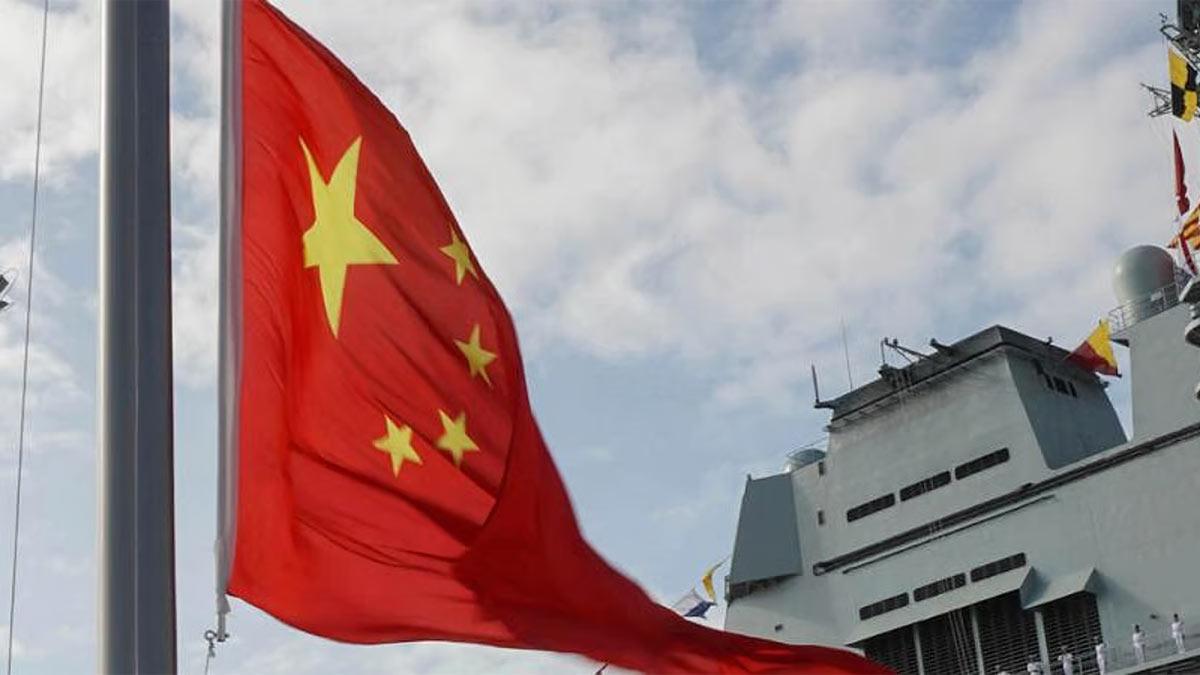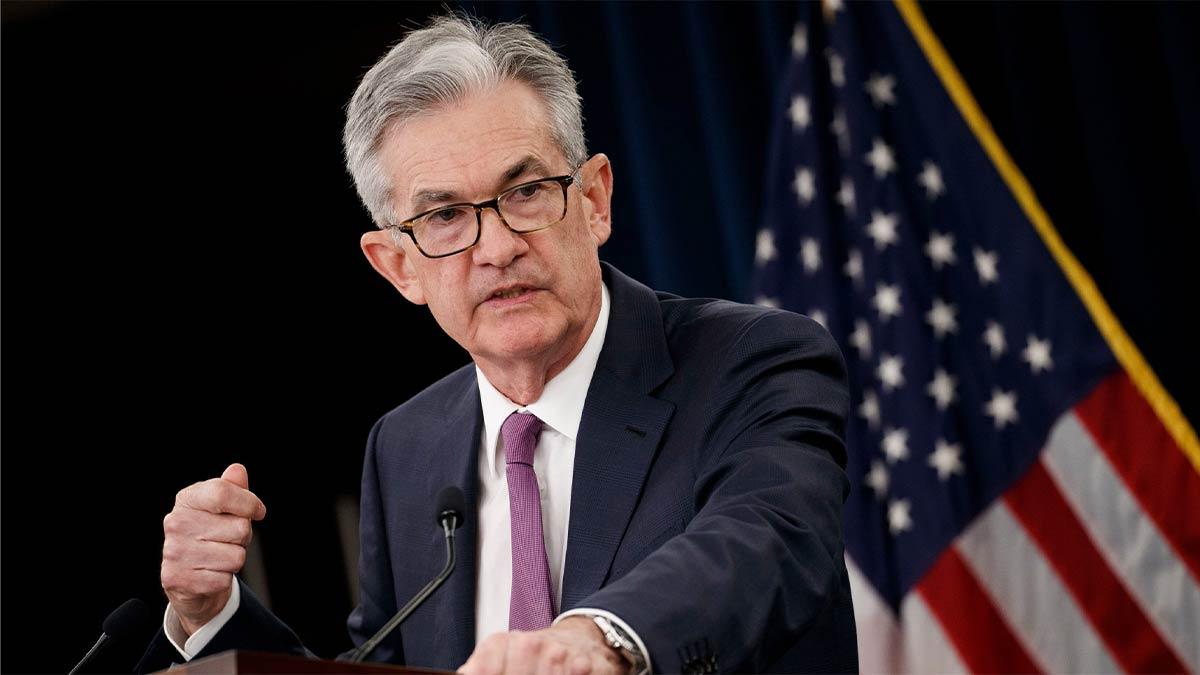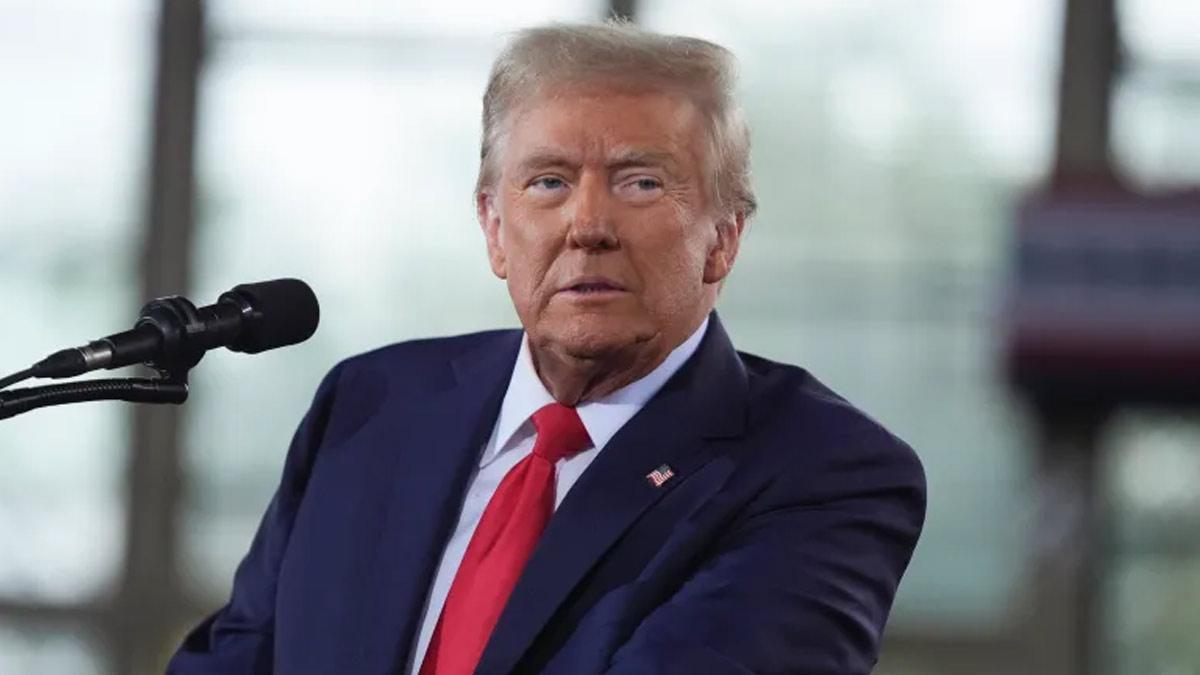China has published a white paper firmly denouncing the United States for imposing tariffs on more than $500 billion worth of Chinese products since 2018. Characterizing the action as an exercise of "unilateralism and protectionism," Beijing asserted that such a move harms international trade cooperation.
The paper, "China's Position on Some Issues Concerning China-US Economic and Trade Relations," was published by the State Council Information Office on Wednesday. According to Xinhua, the report argues that the current trade tensions have gravely disturbed the normalcy of economic and trade exchanges between the two countries.
Xinhua said that the white paper is aimed at articulating China's view on its economic relationship with the US and explaining important issues concerning the relationship.
The release follows a major policy announcement by the White House on Tuesday (local time), which unveiled a steep 104 percent tariff on Chinese imports starting Wednesday. This marked a sharp escalation in the tariff standoff that has caused uncertainty in global markets.
At a press briefing, White House Press Secretary Karoline Leavitt declared that China's retaliatory move was a mistake and reiterated the United States' strong reaction. "It was a mistake on the part of China to retaliate. When America gets punched, He punches back harder. That's why there will be 104 per cent tariffs going into place tonight. If China reaches out to make a deal, he will be incredibly gracious," she added.
Leavitt added that the tariff increase is consistent with the Trump administration's approach to pushing back against what it perceives as unfair trade practices that have undermined American jobs and industries.
In its analysis, the white paper cautions that such belligerent US actions would potentially greatly hurt the trade relationship between the two powers.
In an article by Xinhua, the increase in protectionist and unilateral policies of the United States has become the biggest stumbling block to normal economic cooperation between the two nations.
US tariffs on Chinese exports have increased significantly since the trade war began in 2018, with the average duty now at 42.1%, much higher than before the conflict, the document said.
The report also referred to recent increases in tariffs, such as those motivated by US fears of fentanyl and other matters, as "reciprocal tariffs" and added that some even add an additional 50% on top of existing rates. It stated that these actions demonstrate the coercive and isolationist impulses in US policy, which are contrary to the spirit of market economy and multilateral cooperation.
This move has prompted Beijing to take corresponding countermeasures, imposing tariffs on $23.6 billion of American merchandise, including petroleum, coal, and passenger automobiles.
The white paper, reported by Xinhua, has indicated that China has responded vehemently to uphold its national interest, while meanwhile striving for a peaceful solution via negotiations. Numerous rounds of negotiation have been made to introduce steadiness to the economic relationship between China and the US.
The current trade war has hit US exports to China hard. Liquefied natural gas (LNG) shipments, for example, have fallen by close to 60%, and the export of automobiles has declined by 33% since 2021.
Nonetheless, China insists that its trade relationship with the US is founded on common benefit and shared gain, the white paper emphasized.
The paper, calling for reason, appealed to both countries to recognize each other's fundamental interests and resolve their trade disputes through negotiations. As cited in the paper, "Being two major nations at different development stages with different economic systems, it is natural for China and the United States to be different and have frictions in their economic and trade cooperation. It is important to respect and accommodate each other's major concerns and core interests, and find suitable solutions to settle the issues in a manner of consultation and dialogue."
Read also| Xi Vows Closer Regional Alliances as U.S.-China Trade Tensions Escalate
Read also| Trump Optimistic on Gaza Peace, Netanyahu Pushes for ‘New Deal’ on Hostages


















